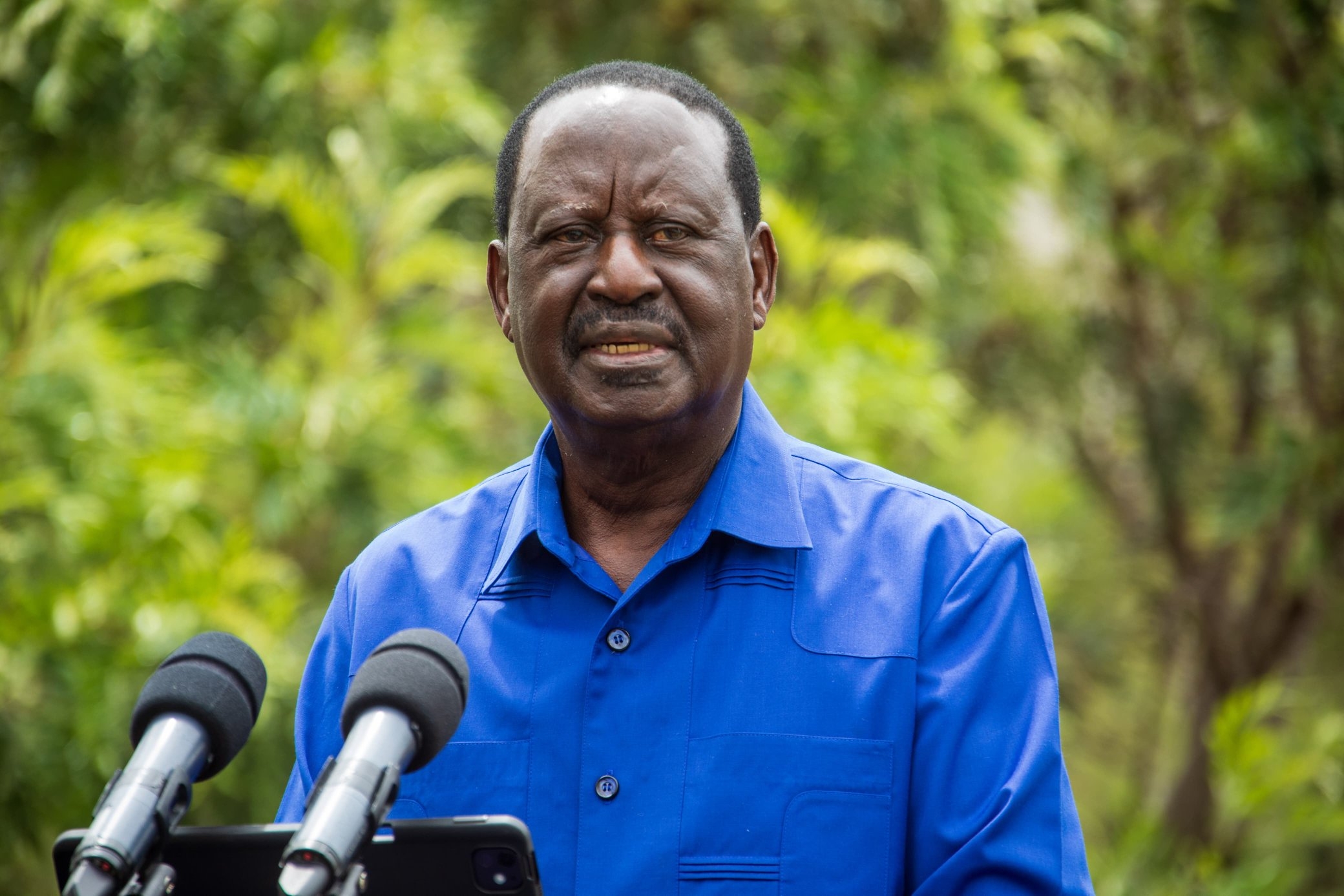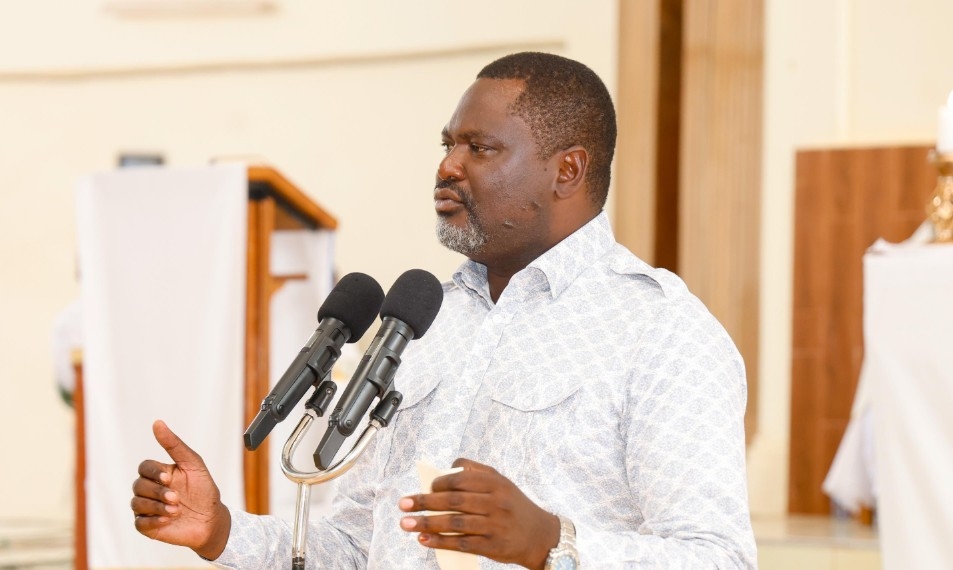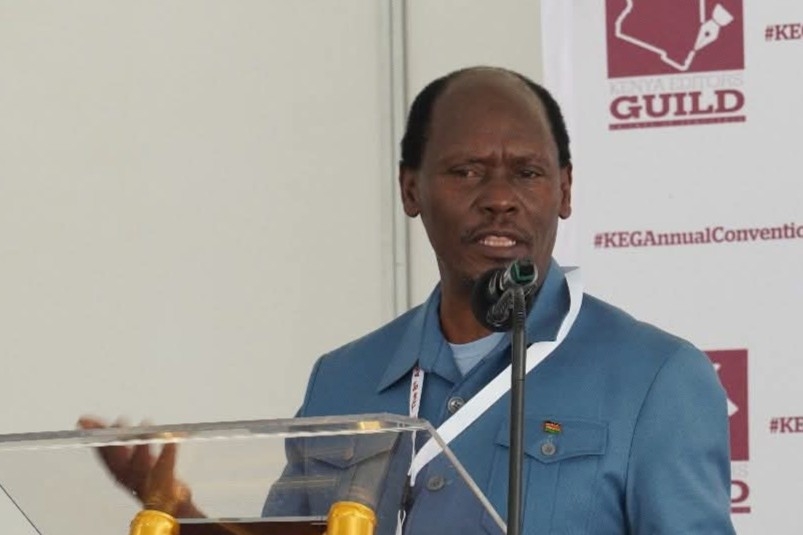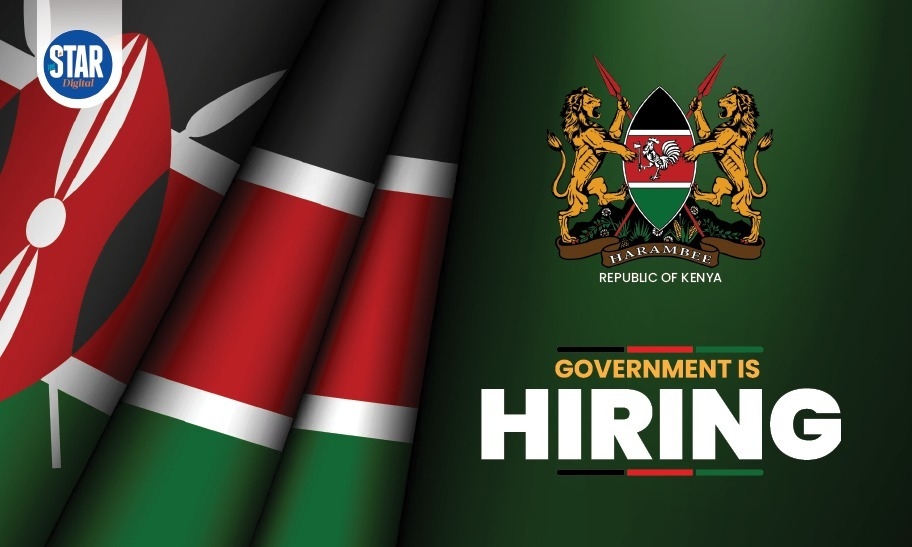The International Monetary Fund has said Kenya needs to
tread carefully regarding any new borrowing to avert plunging further into debt
distress
In a question-and-answer session with citizens of various countries on Thursday, IMF Director of the Communications Department Julie Kozack said Kenya currently has a high risk of debt distress and any borrowing should be carefully thought out.
Kozack’s response followed a question on the Fund’s
reservation about the Kenyan government’s plan to take a loan from the UAE of
about $1.5 billion.
She remained coy about divulging details of talks between
Kenya and the UAE concerning the loan facility but stated that Kenya’s spending
needs vis-à-vis its rising burden of public debt were a delicate balancing act.
"What I can say is that we assess Kenya to have a high risk of debt distress; any new borrowing should be considered within the context of a comprehensive fiscal strategy to reduce debt vulnerabilities while also addressing the recent and emerging fiscal challenges,” she said.
Kozack said she does not have further details about the
extent of talks on the loan facility but assured that such information will be
made public once it becomes available.
The need for Kenya to take more loans despite the rising burden
of public debt became a reality after plans by the government to expand the
revenue base via the Finance Bill, 2024, were overwhelmingly rejected by
Kenyans.
A series of street protests in mid-June and early July led by the country’s young Generation Z forced President Wiliam Ruto to withdraw the controversial Bill, resulting in the forfeiture of forecast Sh340 billion.
Plans to introduce new tax measures through a myriad of tax law amendments has already started attracting public outrage, leaving Ruto with one desirable option – borrow.
This, despite the country’s public debt standing at approximately
Sh10.6 trillion as of July 2024.
As of the end of June 2024, Kenya's domestic debt stock was
Sh5.41 trillion, while total debt service obligation for the 2024/25 fiscal year
is Sh1.85 trillion.
This includes Sh843.4 billion for debt redemption and Sh1.1 trillion for interest payments.
Kenya's debt indicators are expected to improve, but the
country is still susceptible to shocks to the economy forecast to be worsened
by more borrowing.
But even as Kenya toys with the idea of more borrowing, the IMF has conditioned the country’s borrowing on several conditions, including increasing tax revenues, reducing subsidies, and cutting government wastage.
The lender has also told Kenya to improve governance and transparency, reforming state-owned enterprises, and borrow on fiscal consolidation, which involves raising revenues while controlling expenditure.
"The policymakers in Kenya like in much of the region, do
face a complex balancing act between pressing spending needs for priority
areas, including social programs, health and education, managing the rising
burden of public debt and boosting domestic revenues,” Kozack said.
She revealed that the IMF was in talks with Kenya on these issues,
and the Deputy Managing Director, Nigel Clarke, will travel to Nairobi on
December 9 to 10 as part of the ongoing engagements.
"During his visit, DMD Clarke will meet with the authorities and other key stakeholders, and we'll provide more updates on this trip as they become available,” she said.


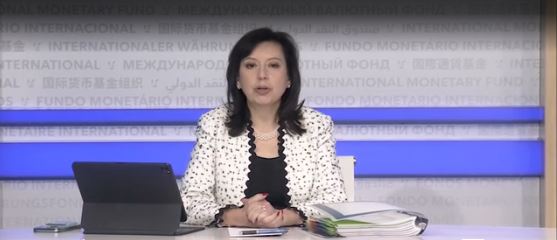






![[PHOTOS] Ruto present as NIS boss Noordin Haji's son weds](/_next/image?url=https%3A%2F%2Fcdn.radioafrica.digital%2Fimage%2F2025%2F11%2Ff8833a6a-7b6b-4e15-b378-8624f16917f0.jpg&w=3840&q=100)



